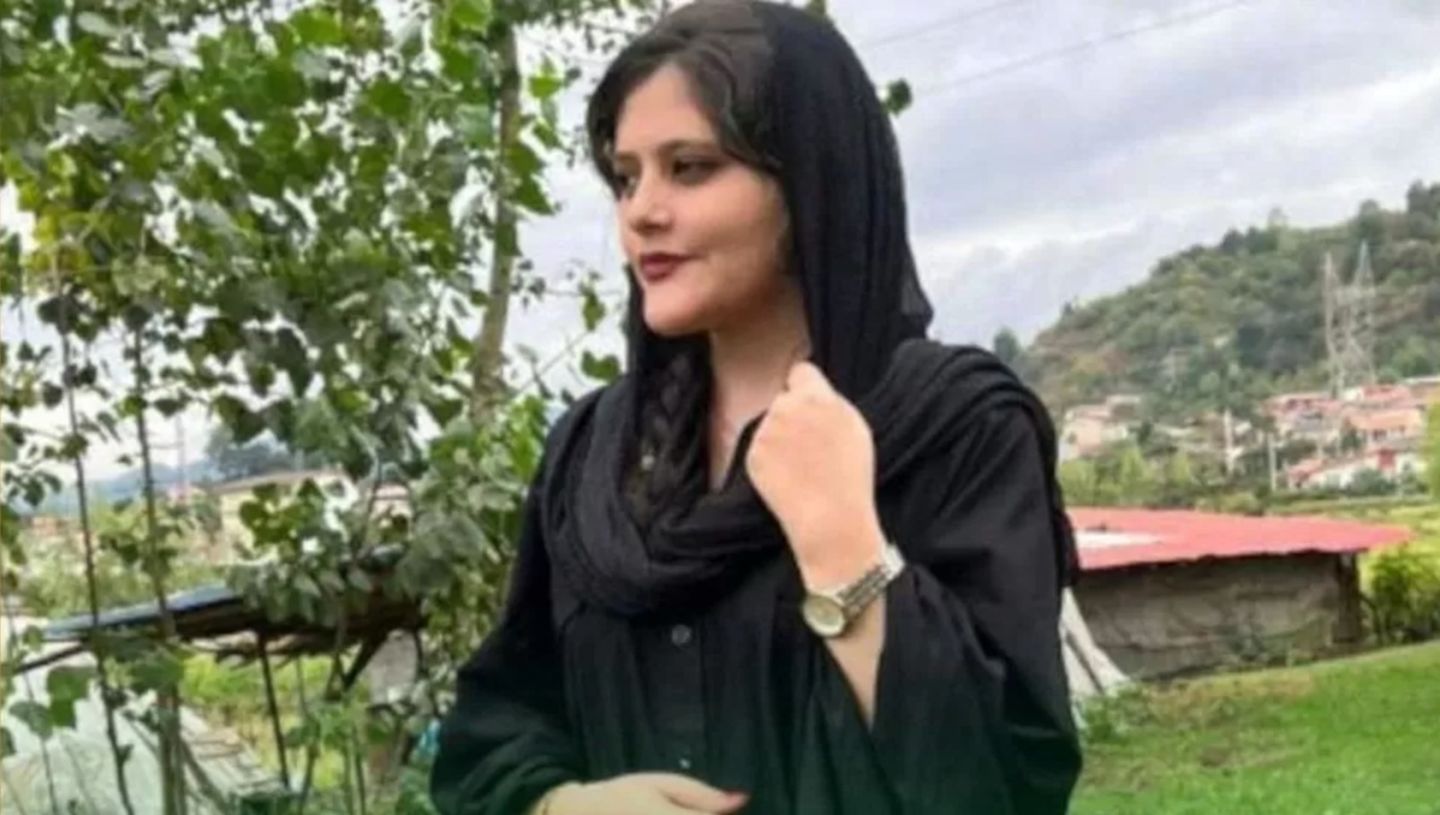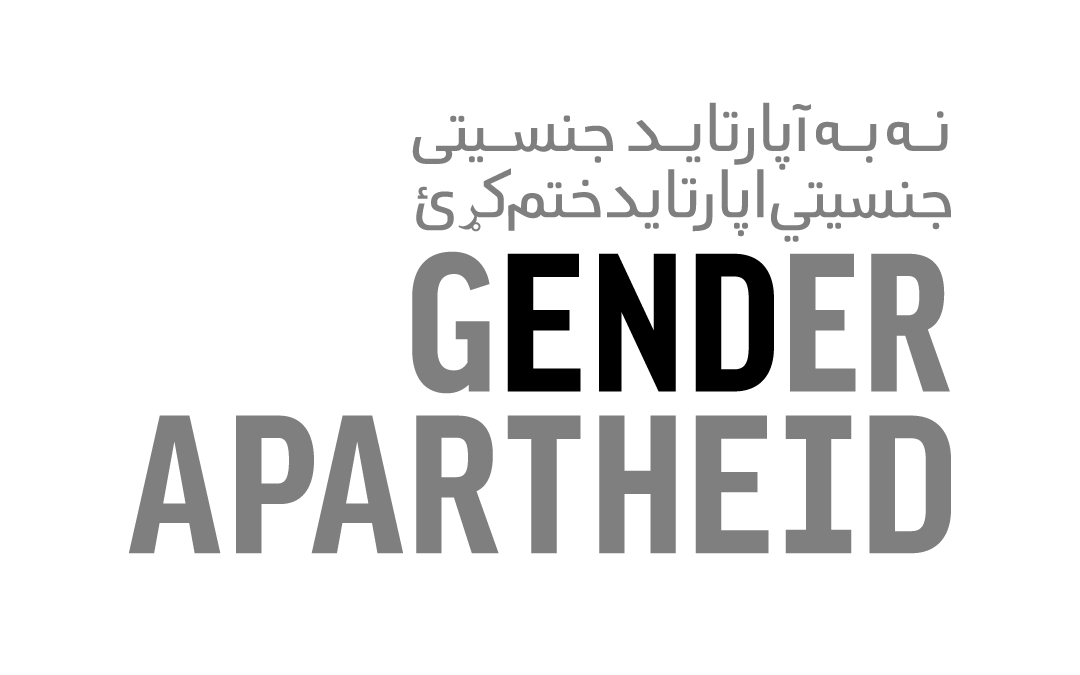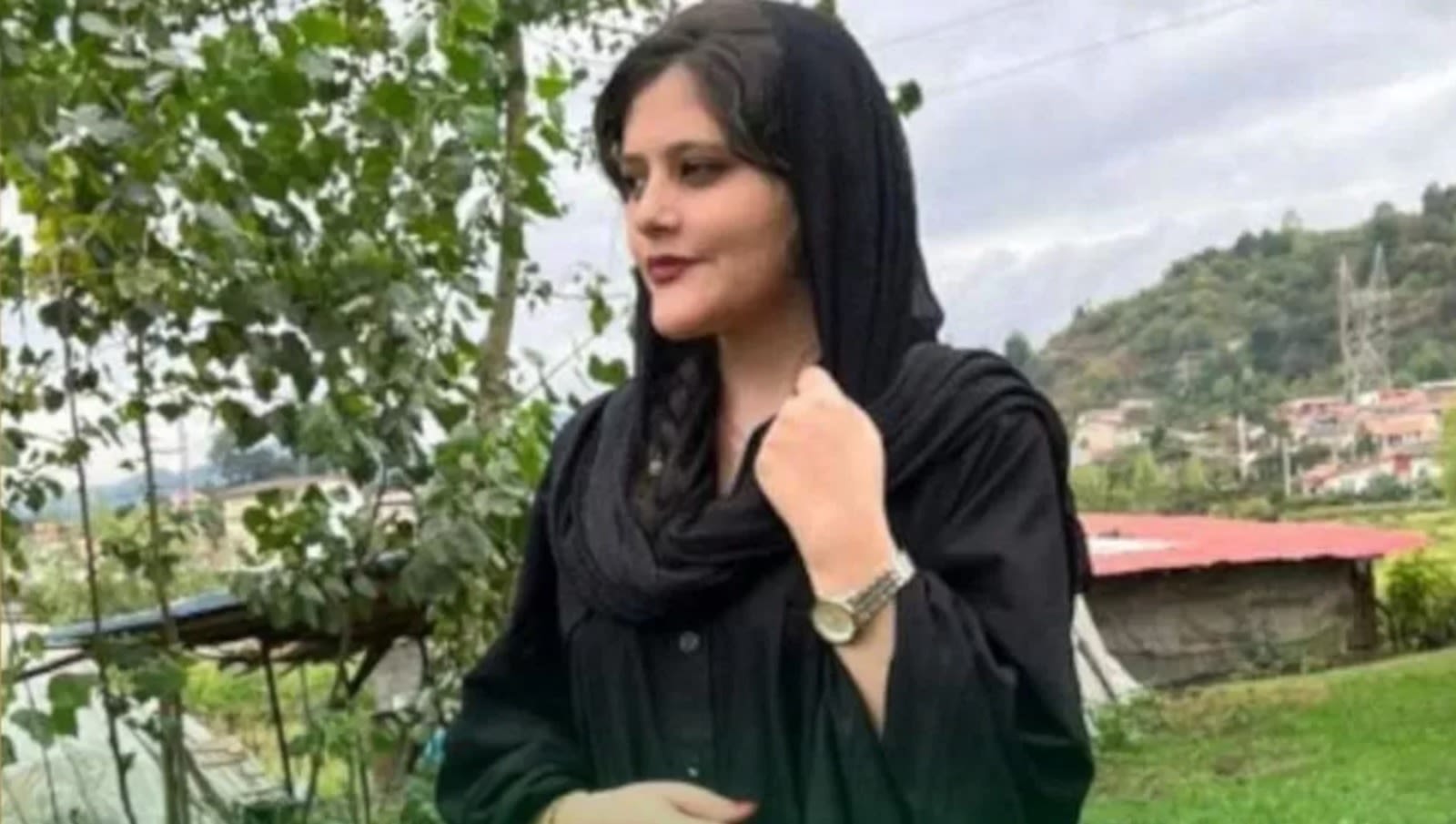The world must not forget Iranians’ fight for freedom
It’s been a year since 22-year-old Mahsa Amini, a young woman from Saqqez in Iran’s Kurdistan region, died in custody, following her arrest by Iran’s thuggish “morality police”.
Mahsa’s “crime”? Not wearing her headscarf, the hijab, according to the standards set by Iran’s mullah regime. She was robbed of her life for choosing to live the way she wanted to: free from repression, free from suffocating moral codes, free from the regime’s coercive control.
What the regime didn’t expect was that Mahsa’s death set off the biggest wave of protests and demonstrations Iran has seen since 1979. For days, weeks, and months, hundreds of thousands in Teheran and across the country took to the streets, often led by brave women and girls who, just like Mahsa, had enough of a corrupt kleptocracy of clerics telling them how to lead their lives.
Chanting Mahsa’s name and “Zan. Zengedi. Azadi.” (“Woman. Life. Freedom.”), the protestors not only demanded an end to the daily terror. They demanded an end to the theocracy that has held Iran in a chokehold for more than 40 years, robbing entire generations of opportunity and freedom and taking the country’s economy to the brink of collapse. Youth unemployment is rampant, with roughly one in four Iranians under the age of 24 out of a job. Some estimates put Iran’s inflation as high as 49%, the highest rate on record. The Economist reports that one third of Iranians now live on about $2 a day, up from a fifth 10 years ago. There is no doubt that the so-called “Islamic Revolution” has failed to deliver for those it promised to liberate. 80 million Iranians deserve so much better than repression, corruption, brutality, and incompetence.
Sadly, the regime has been responding to the protests as expected – with more terror and violence. Over 750 people have been killed over the last 12 months. Thousands have been detained, tortured, and charged with obscure offences against the theocratic order. Many were executed following sham trials that violate every principle of equal justice and fairness. The cruelty of the mullahs and their armed thugs knows no bounds. A new law, rushed through the legislature in record time, creates even harsher penalties for women who refuse to wear the hijab – including long jail sentences. It’s Gender Apartheid in action, only surpassed in its callousness by the medieval rule of Afghanistan’s Taliban.
A year after Mahsa’s murder, Iran is now at a crossroads. The regime, knowing that it enjoys neither legitimacy nor trust at home, is desperate to forge new relations on the international stage, from rebuilding its previously tense relationship with Saudi Arabia to joining BRICS. And it has entered into a Faustian bargain with Putin’s Russia, delivering drones and weapons that rain down daily on Ukraine’s cities, in exchange for Russian support. It’s a losing proposition, as failure and accountability will be inescapable on either side of this unholy alliance.
What the mullahs also know: the protest movement won’t back down. With every day the oppression continues, their numbers grow. Iran’s rulers have lost an entire generation, and they must know that their days are numbered. I am convinced that the question is no longer IF the theocracy will fall, but WHEN it will happen.
Much will depend on the international community. Those of us watching closely must continue to give a voice to Iranians marching in the streets. We must continue to bear witness to the atrocities and say the names of those imprisoned and killed. We must support and strengthen the brave and brilliant diaspora networks and organisations that have come together across all divides in support of country and people.
And we must intensify the call for coordinated political responses, particularly for sanctions that will isolate the ruling elite and stop the flow of regime funds around the world.
Regime change is possible, and the free world must continue to work for it. We owe it to Mahsa. We owe it to all those who gave their lives. And we owe it to the amazing people of Iran.




